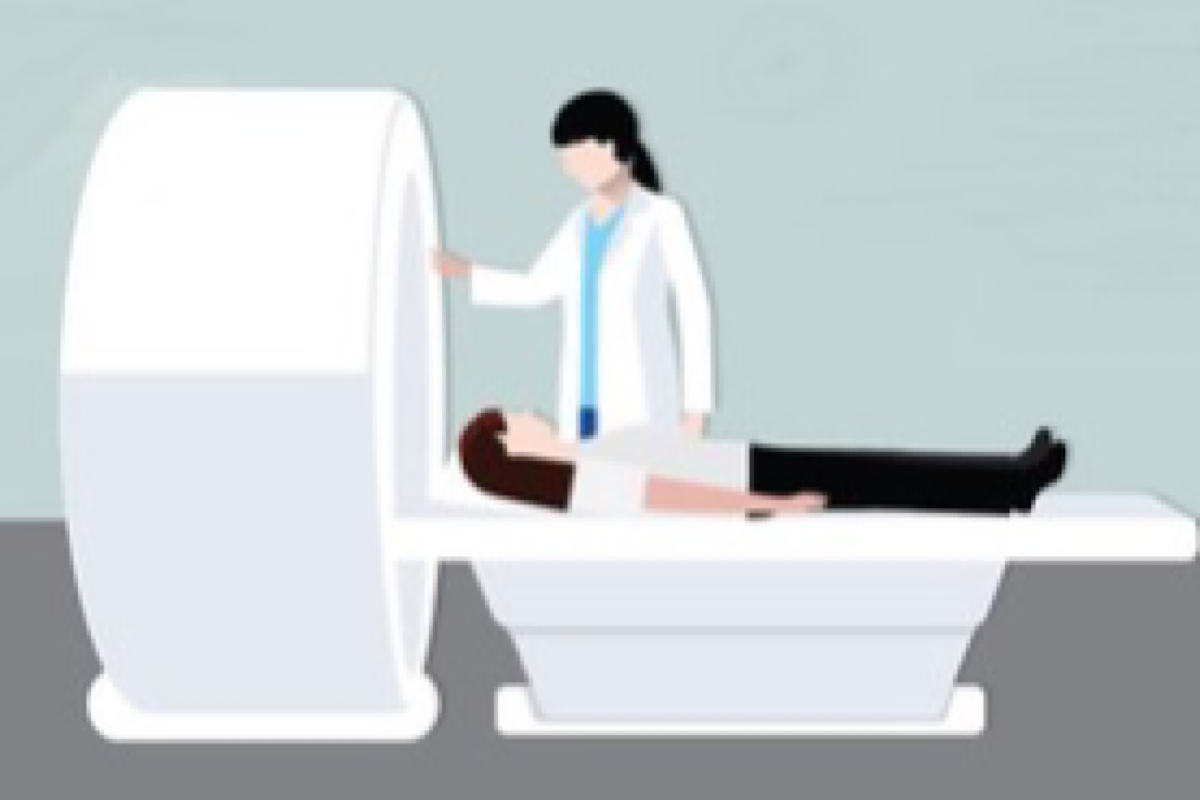Former Foreign Secretary appointed next envoy to US
Former Foreign Secretary Vinay Mohan Kwatra was on Friday named as India's next Ambassador to the United States.
Radiation therapy — a strategy typically used against cancer — may help treat patients with a life-threatening abnormal heart rhythm called ventricular tachycardia, suggests a study.

radiation therapy
Radiation therapy — a strategy typically used against cancer — may help treat patients with a life-threatening abnormal heart rhythm called ventricular tachycardia, suggests a study.
Cardiologists and radiation oncologists at Washington University School of Medicine in St. Louis pioneered the use of radiation therapy in a small number of these cardiac patients and modelled the effects of low-dose radiation in mice with heart failure.
The findings, published in the journal Med, suggest that low-dose radiation therapy improves heart function, at least in part, by reducing the number of inflammatory immune cells in the heart muscle.
Advertisement
“The radiation therapy used to treat ventricular tachycardia is targeted to a specific location in the heart; however, a large portion of the rest of the heart gets a low-dose exposure,” said cardiologist Ali Javaheri, Assistant Professor of medicine, at the varsity.
“We wanted to understand the effects of that low-dose radiation on these patients’ hearts. There was concern that it could be harmful to overall heart function, even though it treats dangerous arrhythmia. We were surprised to find the opposite: Heart function appeared to be improved after radiation therapy, at least in the short term,” he added.
A group of nine patients with ventricular tachycardia were evaluated with cardiac MRI before and after radiation treatment, with the MRIs showing improved heart function soon after radiation.
In particular, the patients’ hearts showed improved pumping capacity of the left ventricle, which supplies blood to the entire body. The improvement was seen a few days after treatment, so it was deemed unlikely to be due to the reduction of the arrhythmia, which happens more gradually over the ensuing weeks and months.
The researchers also studied the effects of similar low-dose radiation to the heart in groups of mice with heart failure from three different causes.
Similar to what was observed in the human patients, the researchers found improved heart function in mice receiving radiation therapy, especially in the left ventricle.
In the mice with progressive heart failure, radiation therapy increased survival of the animals, indicating that improvements in heart function translated to improved survival.
The researchers found that the failing mouse hearts that received radiation had reduced fibrosis — or scar tissue — and reductions in cardiac macrophages, a type of immune cell that can drive inflammation in the heart.
In general, the irradiated hearts had fewer cells that proliferated quickly — such as immune cells and fibroblasts — which tend to contribute to worsening heart failure. In contrast, normal heart muscle cells generally do not divide often, if at all.
Advertisement